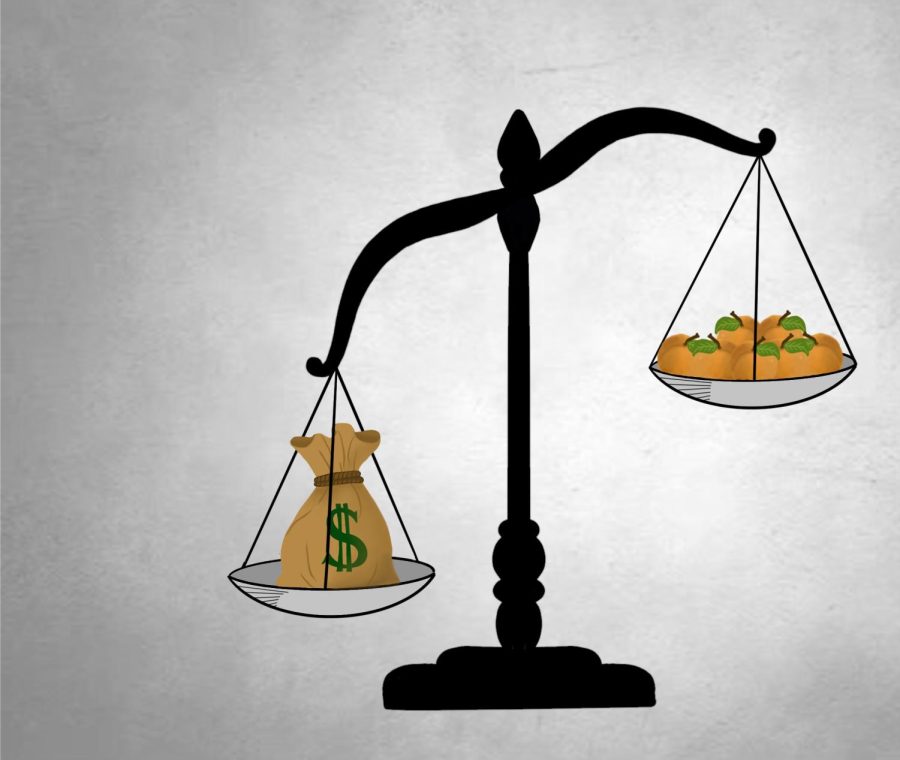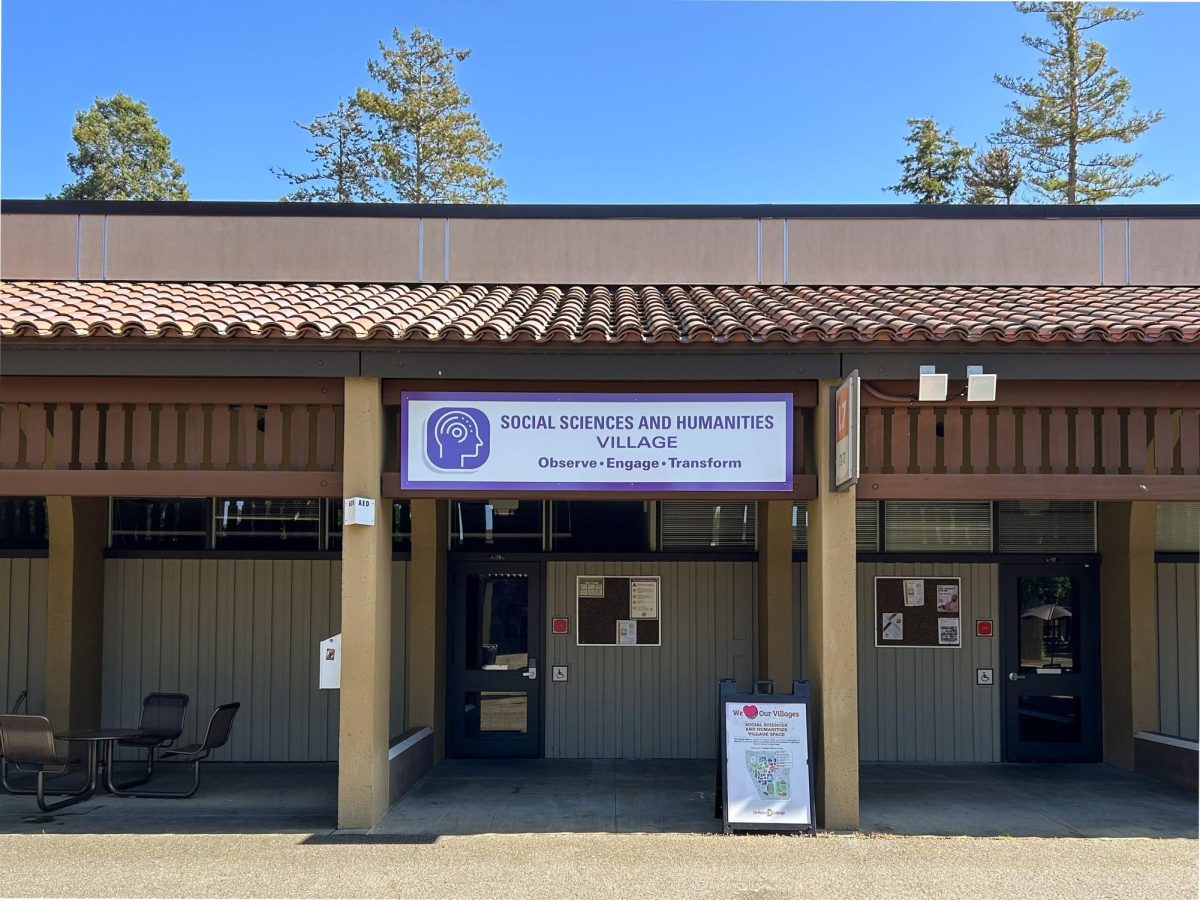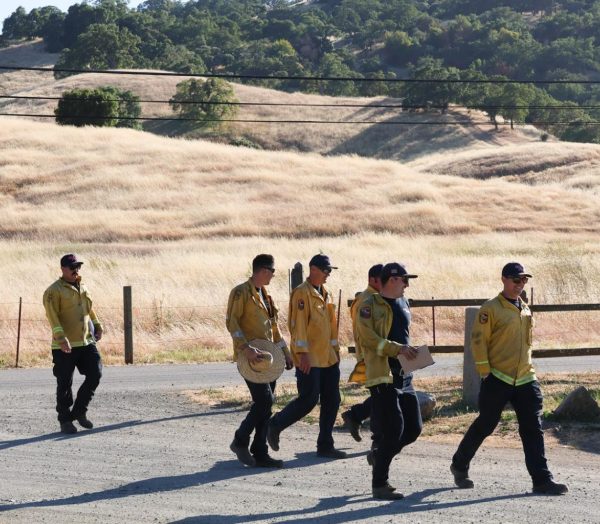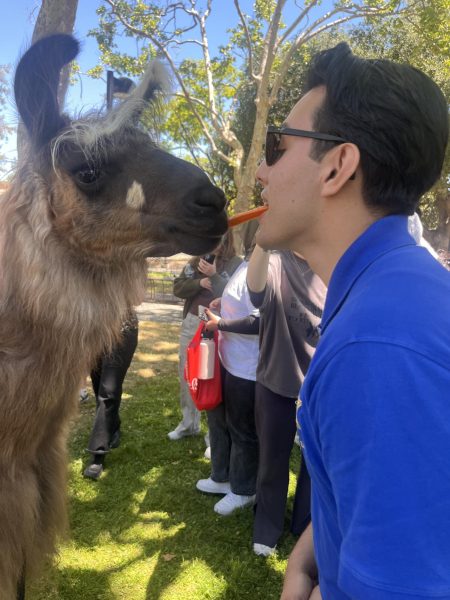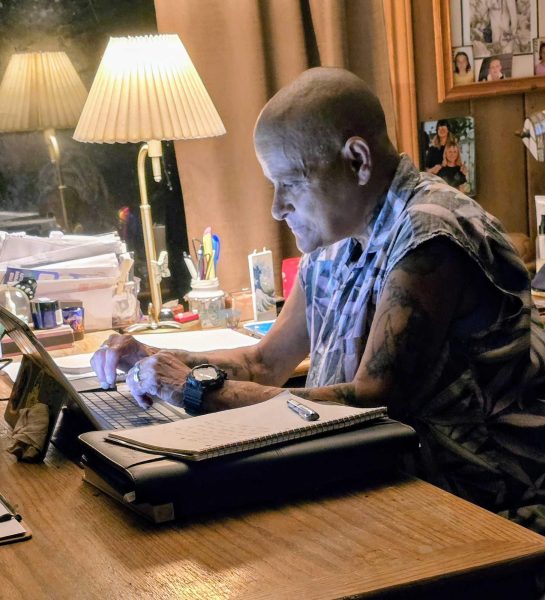Making food accessible to students
May 31, 2023
As a student athlete who also works, I find it almost impossible to find good, affordable food. Getting to class each day on an empty stomach makes learning impossible and leaves affordable meals to fast food.
I could make breakfast in the morning and scarf it down before an early class, but getting out of work late at night and finishing homework makes getting up early feel impossible. With the addition of sports and other back-to-back activities, there isn’t always time to prepare food.
As an athlete it is important to eat right, however I rarely feel properly fueled up the way I should be. Options like Panda Express and Ike’s Sandwiches are good, but don’t pose the most healthy options. With $15 per plate of food or sandwich, it makes going hungry rather than broke more appealing. With working to make a living or helping out one’s own family, expensive and healthy food makes students even more stressed.
Eating right is important and provides the benefits of better sleep, increased happiness, preventing disease and more. Sutter Health states that “A healthy, well-balanced diet can help us think clearly and feel more alert. It can also improve concentration and attention span.”
Although healthy and affordable options are available in the cafeteria, this only reaches students who come to campus for in-person classes. Online and asynchronous students don’t have this benefit.
There needs to be better options for everyone to eat well. According to the Harvard School of Public Health, “The healthiest diets cost about $1.50 more per day than the least healthiest diets.”
Some solutions can be found in partnerships with healthy stores like Whole Foods. Student and store deals can give students 10% off meal items, with a limit so people don’t abuse it.
Even having this apply during midterms and finals week would decrease stress on students to find better food and places to eat. This would make going across the street to Whole Foods an actual option compared to going to McDonalds.
Healthy food is not only more sustainable but it leaves everyone feeling better and feeling better shouldn’t negatively affect student’s wallets.
Maya Lew, a guest writer, is a De Anza College student majoring in communications.



